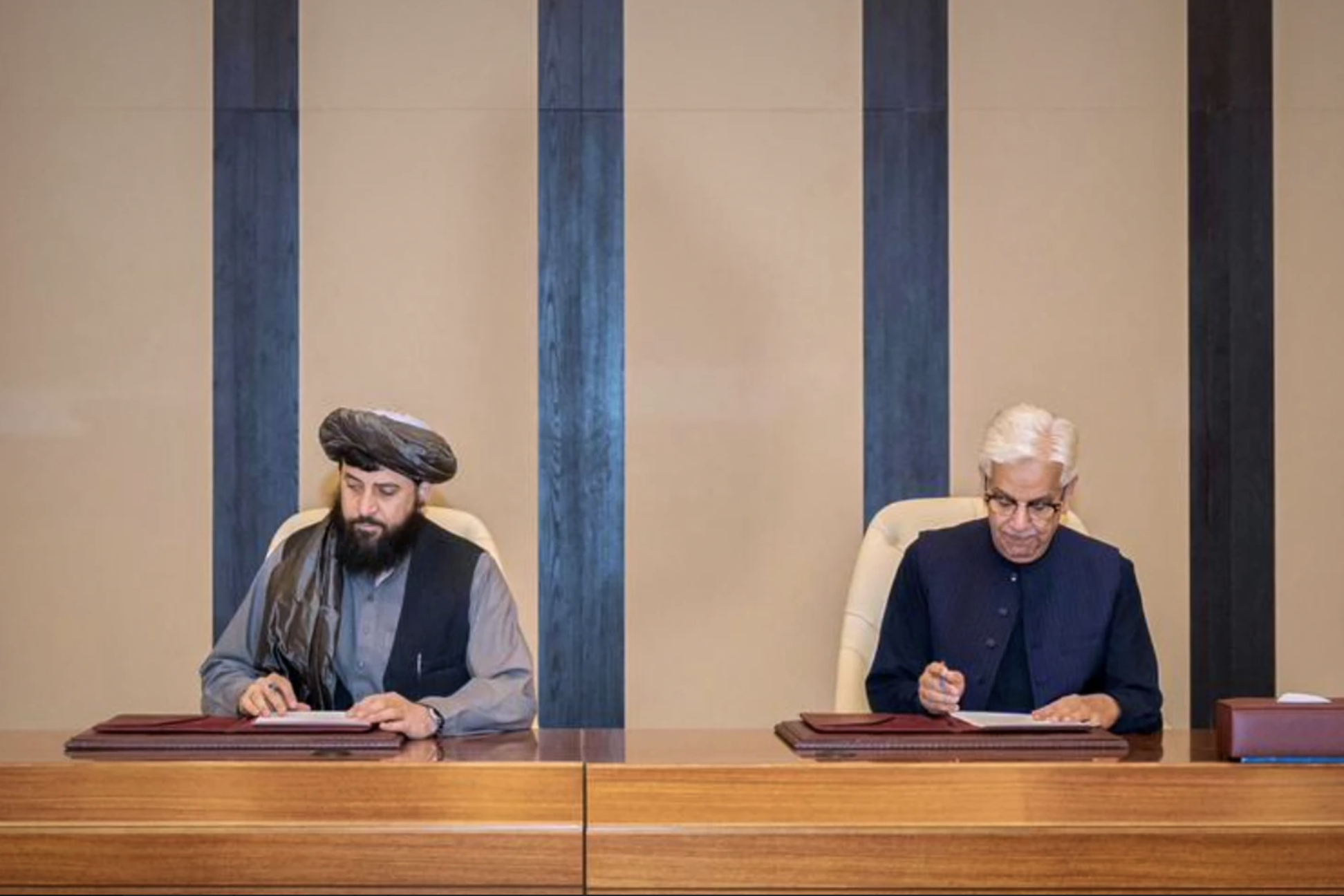Weekly Updates: South & Southeast Asia
*
Weekly Updates: South & Southeast Asia *
November 17, 2025 by Emma Arsic-Wills and Stephen Kaufman
On November 10, a landmine explosion in Sisaket Province near the Cambodian border injured four Thai soldiers, critically wounding one. In response, Bangkok suspended implementation of the U.S.-brokered truce signed last month with Cambodia, including halting the planned release of 18 Cambodian POWs, while demanding a formal apology from Phnom Penh. The incident has immediately strained the already fragile agreement and raised new doubts about the durability of the ceasefire.
India announced it will upgrade its “Technical Mission” in Afghanistan to a full embassy, signaling deeper diplomatic engagement with the Taliban-led government. While New Delhi still avoids formal recognition, the upgrade is expected to draw criticism from Pakistan and muted concern from Beijing, both of which view renewed Indian activity in Kabul as a strategic challenge.
The United States lifted its four-year arms embargo on Cambodia and announced the resumption of the bilateral Angkor Sentinel military exercises, last held in 2017. Washington also expanded opportunities for Cambodian officers at U.S. military academies such as West Point and the Air Force Academy. Phnom Penh pledged greater cooperation with the U.S. on countering narcotics trafficking and online scam networks. The moves mark a significant thaw in U.S.–Cambodian relations, strengthening defense ties and hinting at a potential regional shift away from exclusive Chinese influence.
Photo courtesy of BBC
Stephen Kaufman (CC’29) is a South & Southeast Asia Representative at Columbia Academics in Foreign Affairs (CAFA), intending to study Political Science, particularly the subfields of International Relations and American Politics.
The peace deal, backed by President Donald Trump, between Cambodia and Thailand has been suspended after a landmine blast injured two Thai soldiers who were patrolling nearby. This blast follows a series of blasts beginning in July that escalated the conflict significantly. Thailand will not be meeting disarmament agreements outlined in the deal and will also not return eighteen Cambodian soldiers that it has been keeping in custody, a term that was originally outlined in the deal.
Peace talks with Afghanistan and Pakistan have reached a stalemate, with Afghanistan’s Taliban-run government citing Islamabad as the reason no progress has been made. Both countries have stated that for the moment, the ceasefire will hold despite progress with the peace talks halting. The US fears international aid to TTP (Tehreek-e-Taliban Pakistan) and is considering upping counter terrorism cooperation with Pakistan. This follows India and Afghanistan talks that focused lots on keeping US involvement out of Afghanistan and its affairs.
Emma Arsic-Wills (CC’29) is a South & Southeast Asia Representative at Columbia Academics in Foreign Affairs (CAFA), intending to study Political Science.

